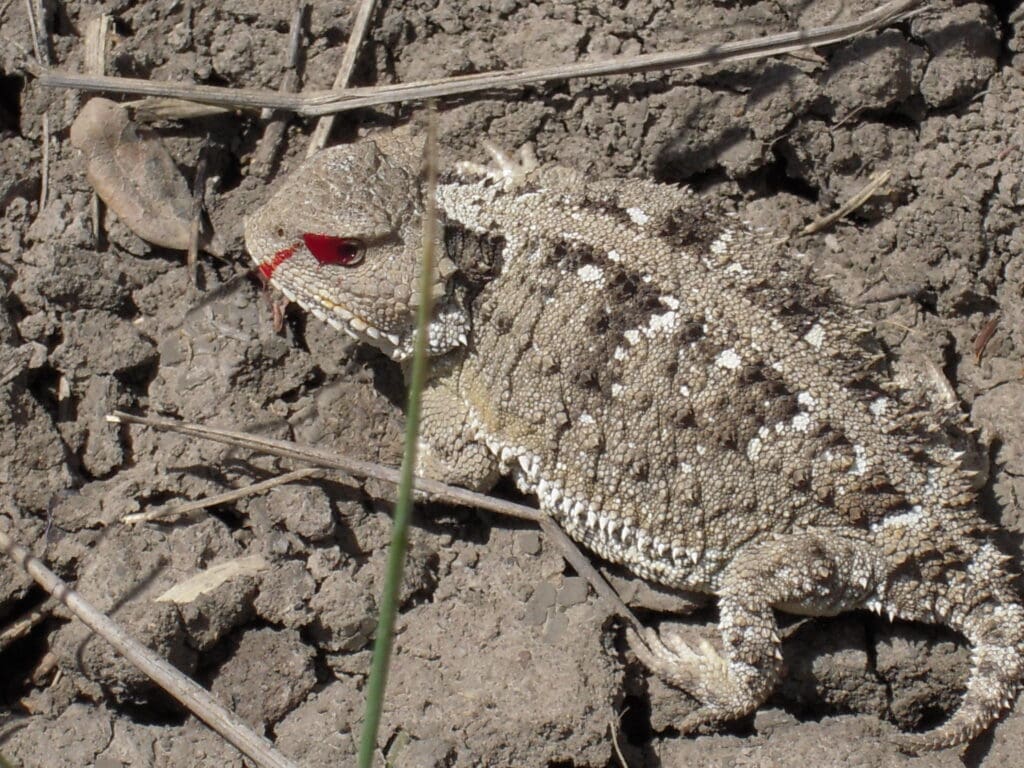
Is there a connection between owning cats and schizophrenia? According to new research, cat ownership doubles the risk of developing schizophrenia-related disorders due to a parasite.
Before you brush off the conclusion as fluke data, this wasn’t just a one-off, small study. The findings come from analyzing 17 studies that were published during the last 44 years from 11 countries, including the United States and the UK.
The analysis of the 17 studies was undertaken by Australian researchers who had their findings published in the journal Schizophrenia Bulletin.
The idea that there might be a link between cat ownership and schizophrenia-related disorders was proposed in a 1995 study. That research suggested a parasite called Toxoplasma gondii as a causal agent.
Some other studies found a link between cat ownership and schizophrenia-related related traits. These include traits that affect a person’s feelings, thoughts, and behaviors, as well as psychotic-like experiences.
Other studies found that being around cats during childhood might make a person more likely to develop schizophrenia.
Not All Studies Are Created Equal
However, it is important to point out that not all of these studies made these same associations.
Another interesting study was a US study involving 354 psychology students in the US. Those who had received a cat bite had higher schizotypy scores than those who had not. The same link was found in another study of people with and without mental disorders. In that study, people with cat bites scored higher on those tests. However, the tests also suggested that other pathogens such as Pasteurella multocidamay be responsible instead. In humans, P. multocida is the most common cause of wound infections after dog or cat bites.
Still, there was enough positive evidence of a link over the years that prompted a team of researchers from the Queensland Centre for Mental Health Research to do a detailed analysis.
“We found an association between broadly defined cat ownership and increased odds of developing schizophrenia-related disorders,” psychiatrist John McGrath and his fellow researchers from the Queensland Centre for Mental Health Research wrote in the study.
According to the researchers, once T. gondii gets inside the human body, it can infiltrate the nervous system and influence neurotransmitters. Studies have linked the parasite to personality changes and the emergence of psychotic symptoms. The parasite has also been linked to some neurological disorders, including schizophrenia and bipolar disorder.
However, the researchers stress that this link doesn’t prove that T. gondii causes the aforementioned psychiatric changes. They also say there was no proof that the parasite was passed from a cat to a human in the studies they analyzed.
Link Between Schizophrenia and Cat Ownership Determined
But there was a connection to cats. The researchers do insist that the analysis of the 17 studies did find “a significant positive association between broadly defined cat ownership and an increased risk of schizophrenia-related disorders.”
“After adjusting for covariates, we found that individuals exposed to cats had approximately twice the odds of developing schizophrenia,” the researchers wrote.
Nonetheless, the researchers say further study is needed that entails better and broader research before any firm interpretations can be made.
Although 15 of the 17 studies were case-controlled studies, some of them were of low quality. Because of that, the type of research that was done in some of the studies does not go far enough to prove cause and effect.
The higher-quality studies suggested some of the associations may have been due to factors that could have influenced the result.
“In conclusion, our review provides support for an association between cat ownership and schizophrenia-related disorders,” the authors wrote. “There is a need for more high-quality studies, based on large, representative samples to better understand cat ownership as a candidate risk-modifying factor for mental disorders.”
What Are Toxoplasma Gondii and Toxoplasmosis?
Toxoplasma gondii or T. gondii is a parasitic protozoan. It is responsible for causing toxoplasmosis, a parasitic disease that is associated with a variety of neuropsychiatric and behavioral conditions.
T. gondii is found worldwide. Although it is capable of infecting all warm-blooded animals, the only known definitive host in which the parasite has shown to undergo sexual reproduction is in felids, (Felidae, what we call felines), which is commonly referred to as the “cat” family.
It has already been proven in rodents that T. gondii can alter their behavior in ways that increase the chance of them being preyed upon by felids.
In humans, the parasite is mostly harmless. The infection is generally asymptomatic. However, in infants, or particularly those with a weakened immune system, an infection with T. gondii can cause mild, flu-like symptoms.
Transmission can occur through cat feces, urine, contaminated water, and undercooked meat.
Scientists estimate that up to half of the world’s population is infected by T. gondii, but are asymptomatic. It is estimated that approximately 11% of people in the United States have been infected. Around the world, the infection rate in some areas is more than 60%.
Read More: How A Blood Test May Reveal Your Chances to Live to 100
Toxoplasmosis
Toxoplasmosis is a parasitic disease caused by Toxoplasma gondii infection and has been associated with a variety of behavioral and neuropsychiatric conditions.
What is most concerning with humans is that an asymptomatic, latent infection has been associated with numerous psychiatric, behavioral, and personality alterations.
Exposure to infected cat feces is one way of contracting the disease, as well as through contaminated water or eating poorly cooked food that contains cysts.
Pregnant women are advised not to clean cat litter boxes, and if they must, wear gloves and wash their hands afterward.
Read More: Bleach Can’t Kill This Common Superbug









